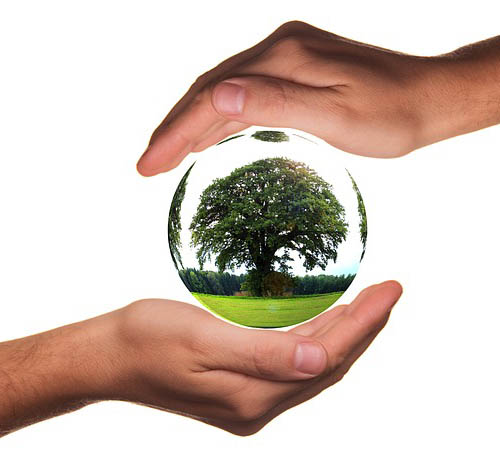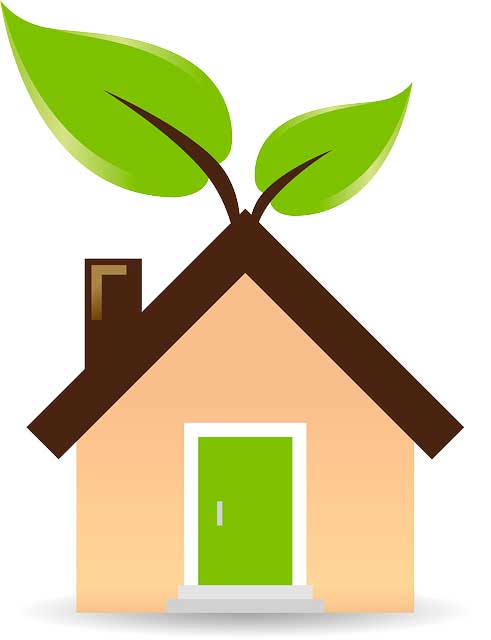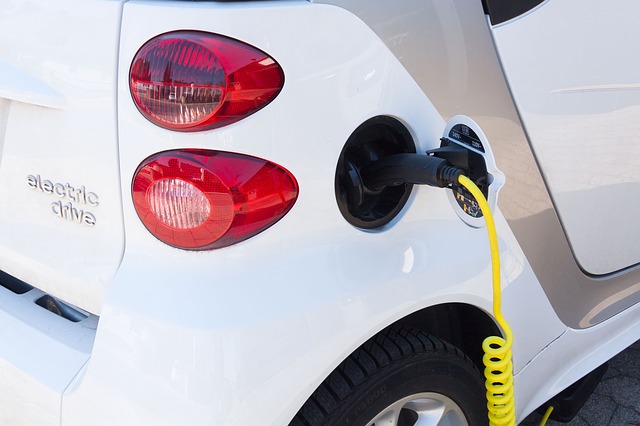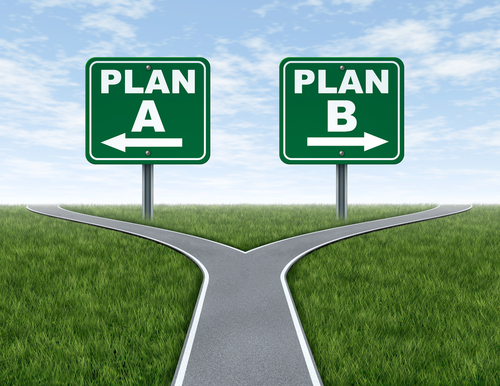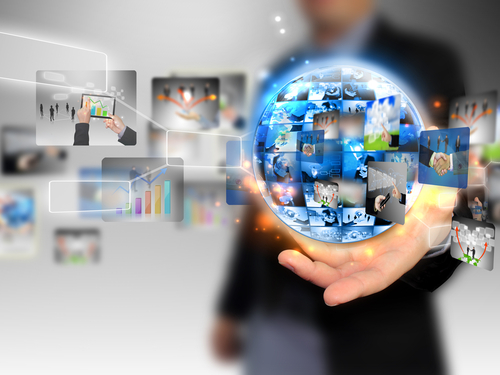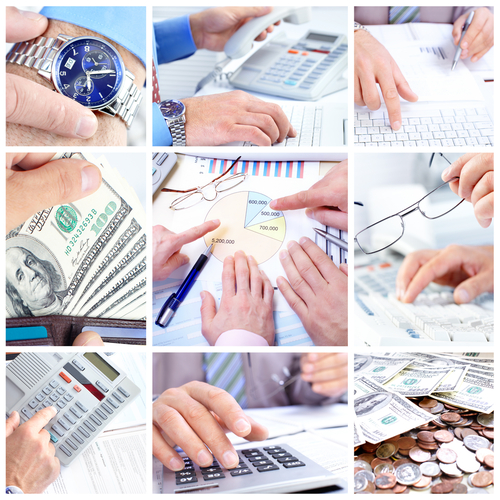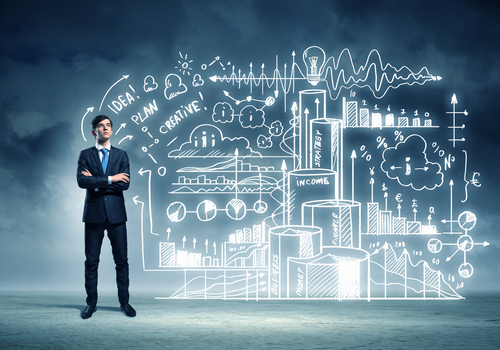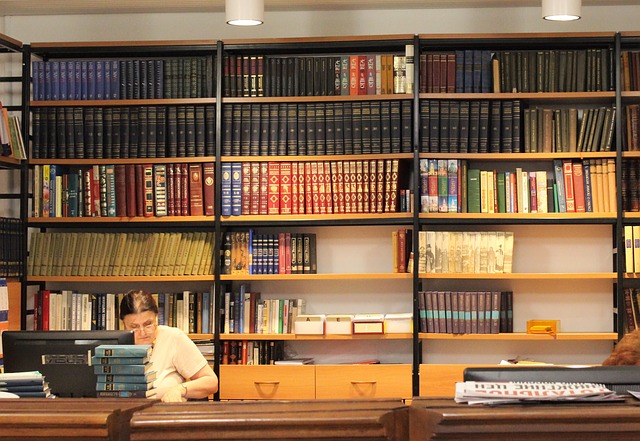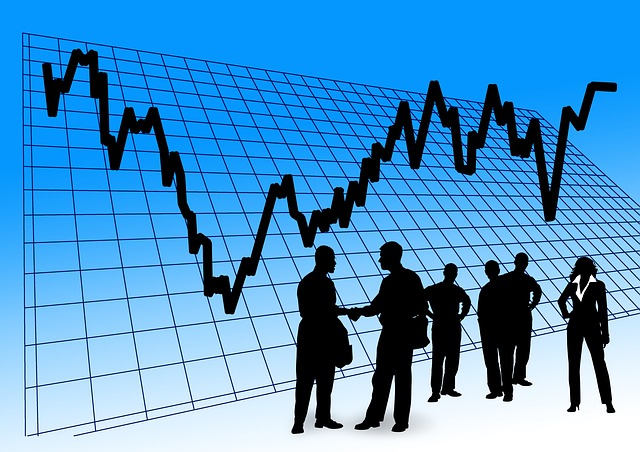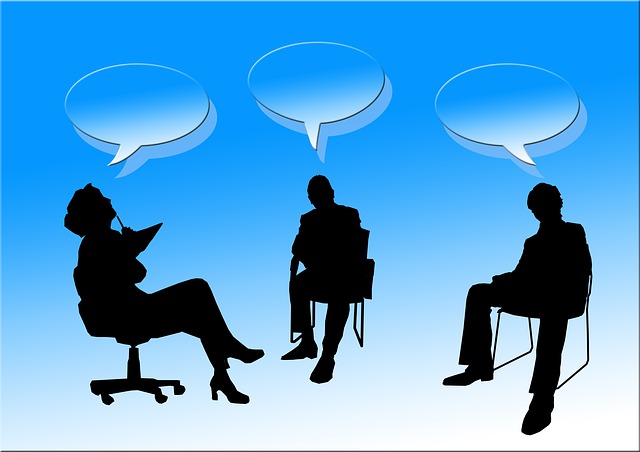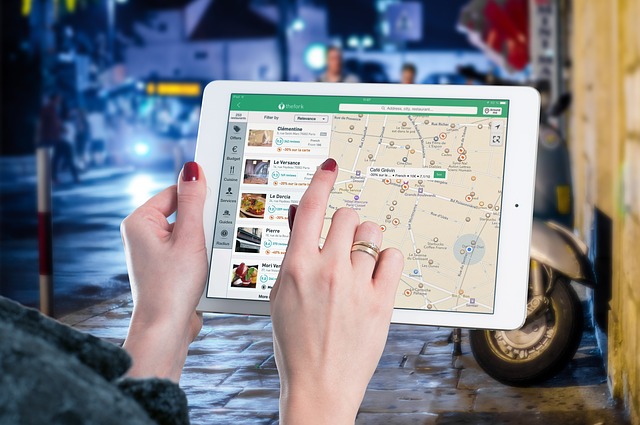Introduction to the social impacts of the Blockchain
This is a basic introduction to the social impacts of the blockchain protocol, which is part of the Bitcoin (and blockchain) revolution. Over the next few weeks, I will post a series of articles on the possibilities which blockchain technology can unlock and the social impacts of these possibilities.
Many of us have heard of blockchain, most of it to do with Bitcoin and other cryptocurrencies. It is a protocol that underpins the cryptocurrencies, and other forms of what are called 'smart' contracts, and is basically a trustless distributed ledger relying on mathematical algorithms to keep the information secure and accurate. This means that it does not require trust between the parties involved, and the distributed nature of the ledger means that no one part of it can be easily compromised by any one person or group of entities.
How does it work? The blockchain (and Bitcoin) was developed with many hundreds of millions of computers acting as 'nodes' using their computational capability to act (in the words of Don Tapscott) as an open-sourced global spreadsheet. The information stored on the blockchain is unchangeable and very difficult, if not impossible, to be tampered with. Miners solve mathematical problems (proof of work) in order to validate transactions, adding "blocks" in a "chain" to the blockchain. These miners are paid (in a cryptocurrency of their choice), providing them with an incentive to continue to validate these transactions. With Bitcoin, this incentive is limited and decreases dependent on a certain number of blocks being added to the blockchain.
What can you do with it? The blockchain protocol isn't just used for cryptocurrencies, though that is one of the major - and most developed - uses of blockchain. There are several "categories" of blockchain, each of which deals with certain types of blockchain activities and potentials. Each of these categories are game-changers in themselves; Blockchain 1.0 - cash-type transactions such as cryptocurrencies, digital payments, remittances, etc., Blockchain 2.0 - non-cash transactions like stocks, futures, smart contracts, IP, etc., and Blockchain 3.0 - other types of transactions such as e-voting, virtual identity services, land and other registries, art, etc..
What are the social impacts? People are being empowered more than ever before and governments and industries alike are taking notice. In most cases (for both a company and the end user(s)), using blockchain technology can cut down on time and costs, as well as the potential for fraud. It can also minimize governmental interference, allowing citizens to trade as and when (and where/with whom) they choose, and at a lower cost. One of the easiest and best ways of fraud prevention using blockchain is digital identity verification. There are companies that offer such services already, though mainly together with cryptocurrency acceptance facilities (wallets). It allows them to verify your identity through online checks, and is not (yet) really a fully in-depth identity verification system. This can be implemented through blockchain, however, and doubtless fintech companies will soon be working on this. There are also other considerations - wouldn't you like to know where each and every ingredient in that package of food you have just bought from the supermarket really came from? The label might say one thing, but can you really trust it? With the blockchain, you can check up on it and verify for yourself that that beef really came from that cow, which was born and raised on that specific farm, under those specific conditions. The implications for the supply chain alone are huge. The effects are already being felt in the diamond markets - nobody wants to buy so-called "blood" or conflict diamonds, and one way to verify their authenticity is to engrave a number on each diamond that is verified using a database which is now being moved to the blockchain.
I think you will agree that even from this short introduction, the blockchain opens up opportunities well beyond finance, and has the potential to truly change the world as we know it. As we are living in the digital age, the social possibilities created by blockchain technology have the potential to solve problems and challenges which have existed for hundreds of years.



